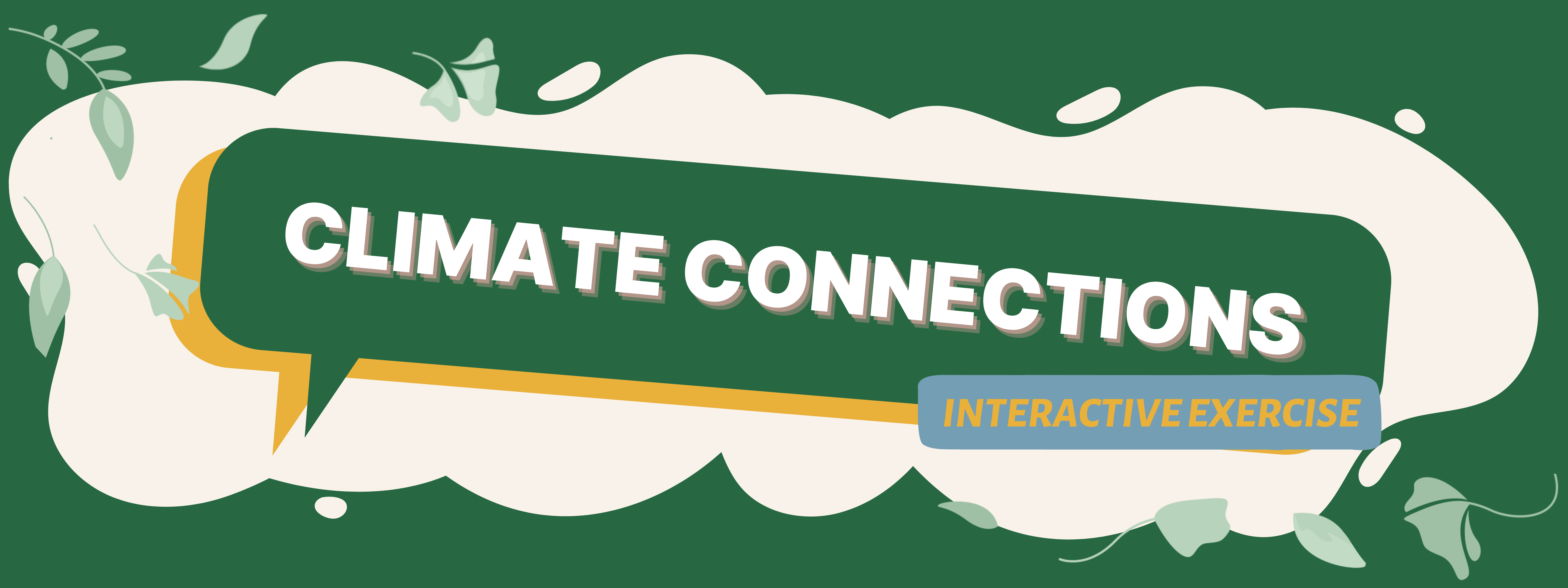Climate Action in Practice
Grounding yourself
Take a moment to acknowledge your body and surroundings:
- Can you see any windows where you are? Are you indoors? Is the temperature different inside than outside? Is it cold? Hot?
- How is your body feeling? Are you feeling different from your body? Can you find a connection between how your body is feeling and how you are feeling?
- Now… What can you see? Any green? Any animals? Insects?
- Do you know how this place was 30 years ago? 100 years ago? Do you know what native land you are in?
- Can you imagine it 30 years from now?
- Do you know the kind of environmental threads your community is experiencing? If so, which are they? If no, based on what you hear, see… which might they be?
- Have you ever thought about the different ways climate crisis can affect people depending on their race, gender, ethnicity, sexuality, economic or other cultural background? (For example, how it affects women vs. men, lower-income families vs. higher-income families, Black or Latinx individuals vs. White or Asian individuals.)
Click on the banner above to access the interactive exercise ‘Climate Connections’
BRINGING CLIMATE ACTION TO YOUR SCHOOL
The following proposed activities are intended to advance climate action within your classroom, academic institution and/or student group. When you put them into practice, keep in mind that everyone’s knowledge on these issues could differ, and that the purpose of this exercise is collaborate to find collective climate solutions:
Start a community climate action plan:
▶ Break out into groups and tackle different climate issues that are impacting your community. (Check out the list of examples and potential ideas below!)
▶Interview classmates and staff about their thoughts on ways your school can improve or make a difference in any of the subjects of your choosing.
Before starting… Create a plan:
- Decide the following: How much time each group will have for research? What are the best ways to discuss these subjects with people in your community? Are there any communication guidelines that should be followed?
- Consider reading the Intergenerational Conversations Guide as well if you plan to engage multigenerational perspectives (as you should!)
▶ Come back and share your findings
- What are the barriers to doing these things?
- Create proposals for solution including a timeline for implementation
- You can also browse the Climate Literacy Dictionary in our Take Action Guide for guidance and/or inspiration
- Discuss with you professors and school leadership how they can support with overseeing or enforcing your proposed actions
Collective actions you can start a community plan for:
- Write an environmental mission statement for your classroom.
- Rally for your school to go solar!
- Start a recycling program & encourage your students to take part (Here are some opportunities to teach about recycling centers & plastic pollution!)
- Start a garden! (A great educational opportunity to teach about where our food comes from & why sustainable farming and eating are important)
- Apply for grants that offer financial support for green-school initiatives.
- Work with the parents at your school to ensure safe and lead-free drinking water for students. (NRDC)



